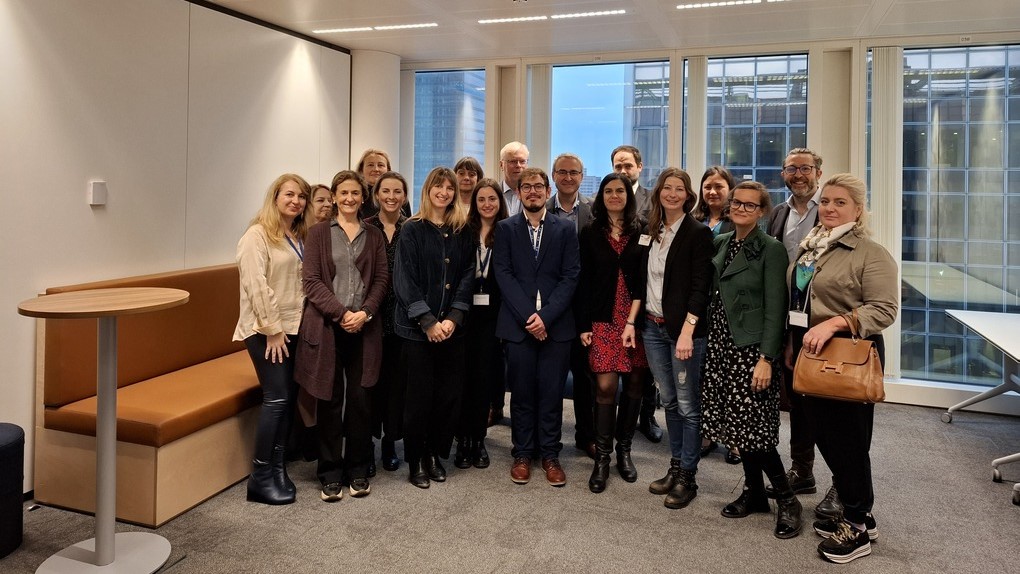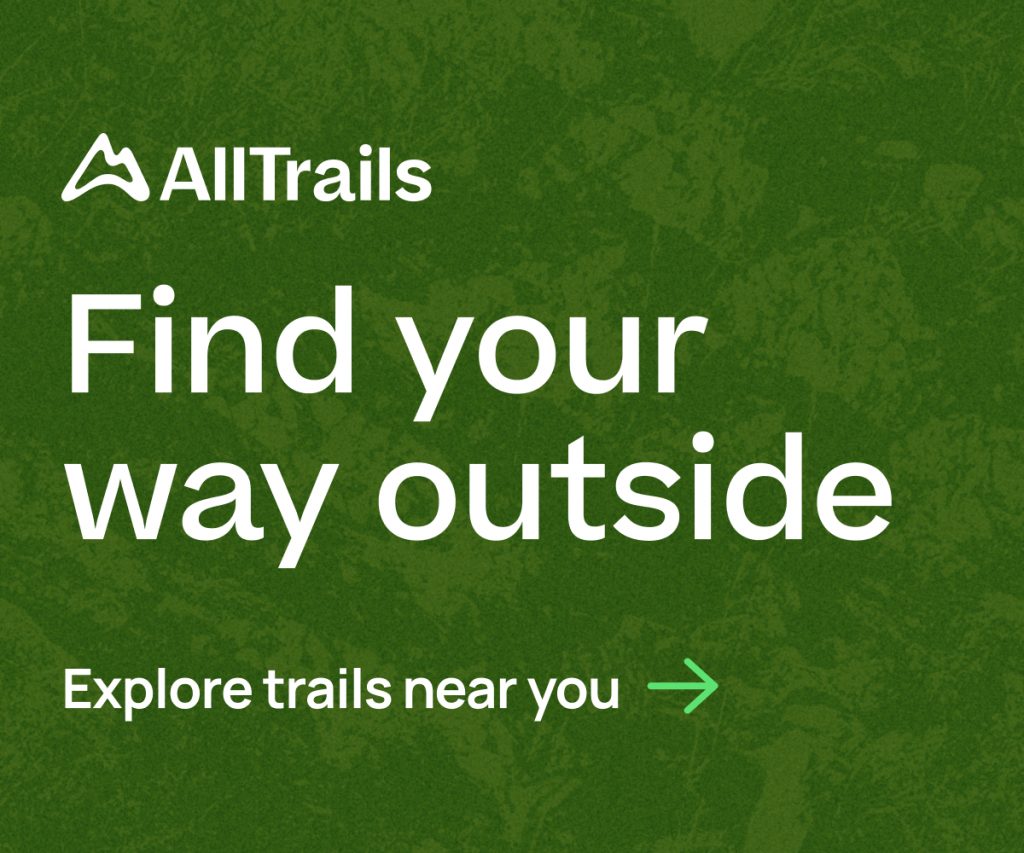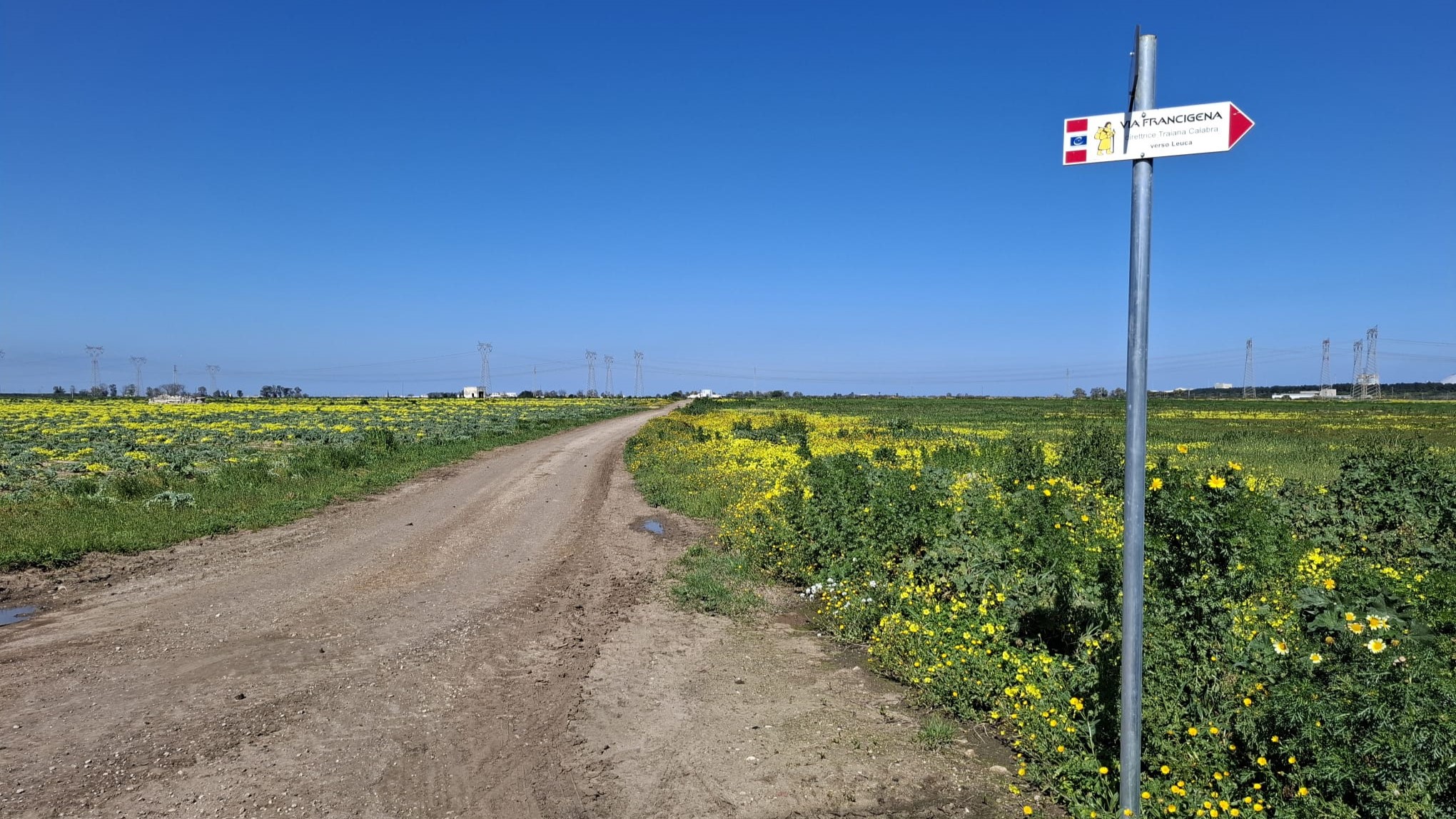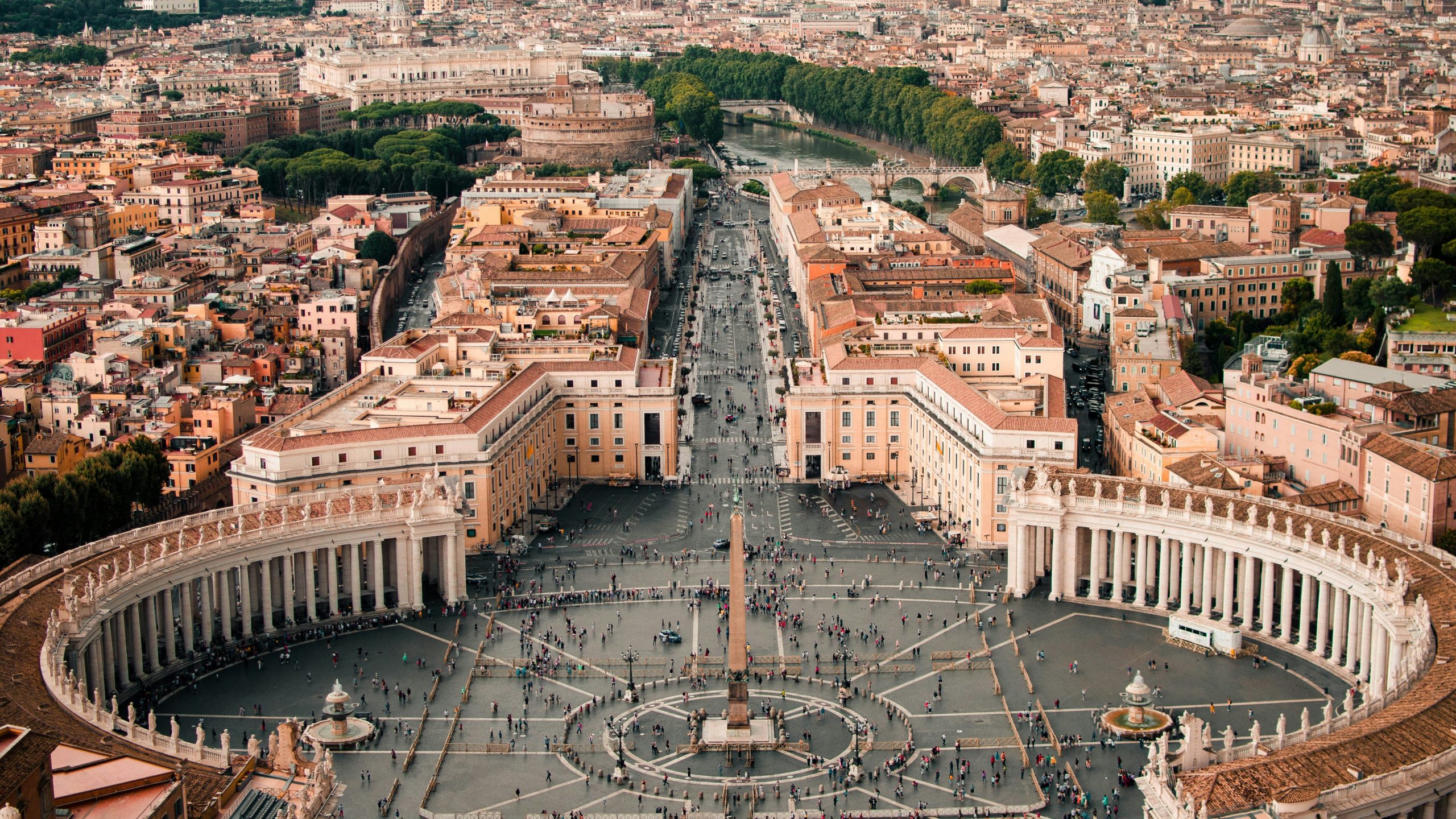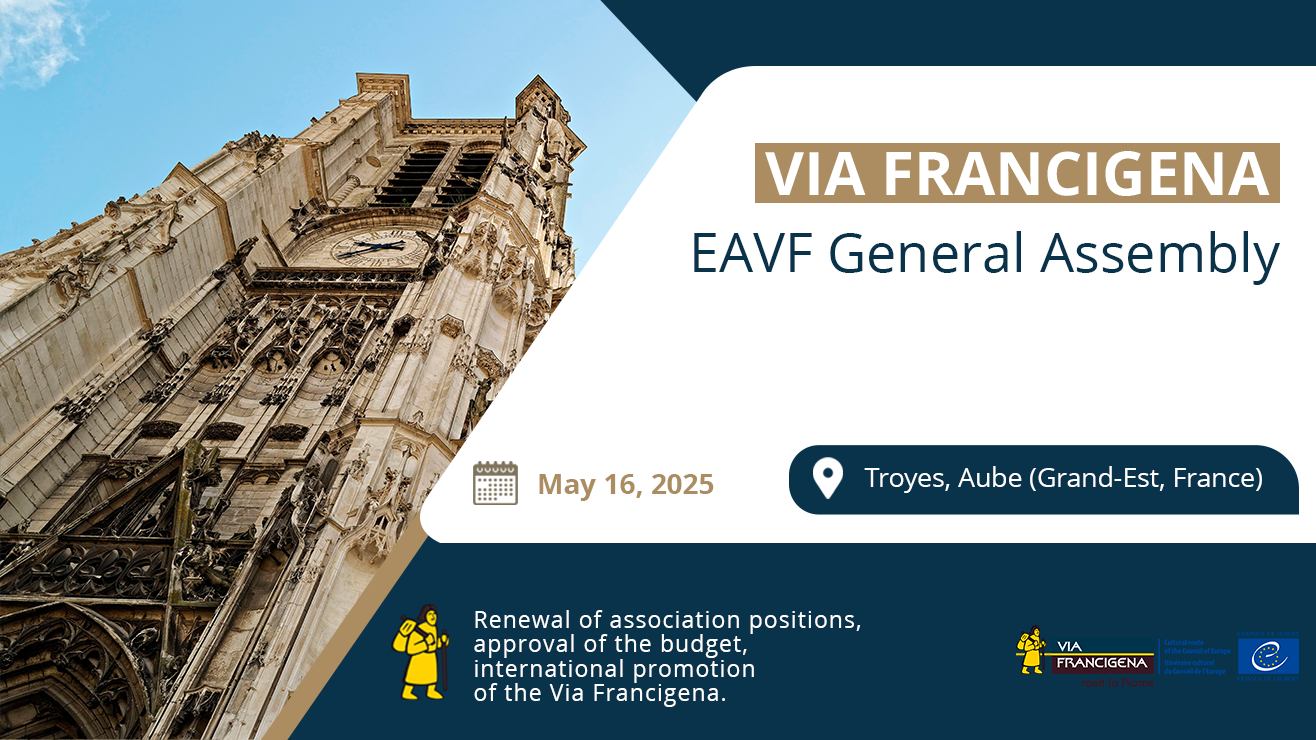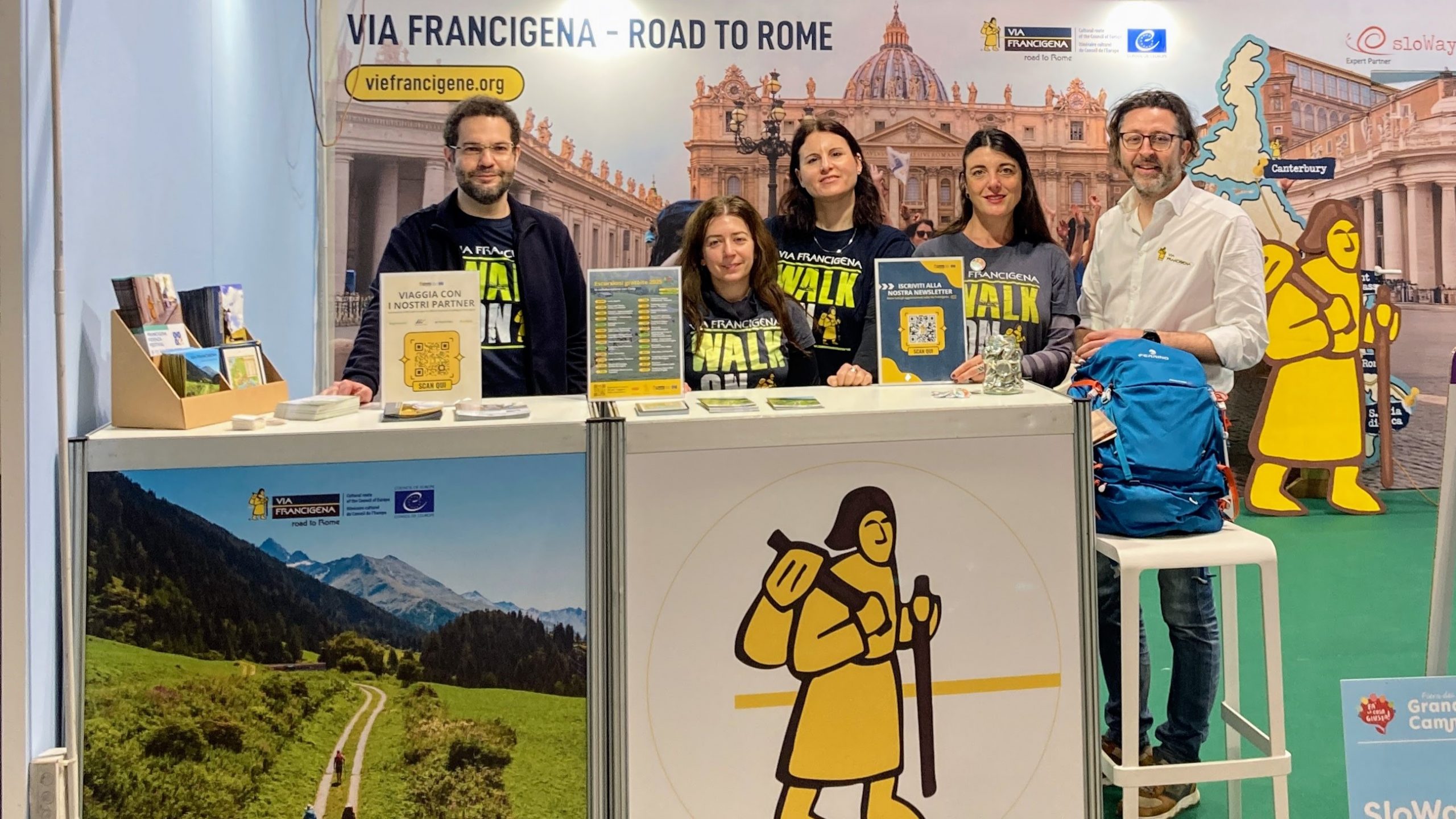In November, AEVF spoke in Brussels about its European projects in an interesting debate on slow tourism and rural economic development.
In November 2024, the European Association of the Via Francigena Ways (AEVF) participated in two major European events, highlighting the role of slow tourism in economic development of rural areas in Europe.
On 26-27 November the association attended the meeting with the European Commission “Transitioning to a more sustainable and resilient ecosystem” for the recently launched DETOUR by AEVF and the municipality of Fidenza.
Conducted by EISMEA – European Innovation Council and SMEs Executive Agency and DG Grow, this meeting served to align project expectations, timelines, and administrative processes with the European Commission. As a partner in DETOUR, AEVF shared insights into its responsibilities, particularly in supporting SMEs along the Via Francigena.
The association’s efforts focus on empowering businesses to adopt sustainable and innovative practices, fostering resilience and competitiveness in tourism ecosystems.
In parallel, on 28 November the EAVF joined the Policy Lab event “Enhancing policy coordination for vibrant rural areas: Learning from experience to build a sustainable rural future”, organized by the Rural Pact Support Office. This forum brought together over 100 policymakers, stakeholders, and rural advocates to discuss how to improve governance, policy integration, and funding mechanisms for rural areas across the EU.


EAVF showcased three of its key European projects—rurAllure, HIKE, and DETOUR —demonstrating how tourism, particularly slow tourism, can be a tool for economic growth, environmental sustainability, and the revitalization of rural communities while aligning with the EU’s long-term vision for rural development.
It may also interest you:
- DETOUR Project: boosting business development along the Via Francigena
- Via Francigena achievements in the European project rurAllure 2021 – 2023
- EAVF in Greece and Türkiye for the HIKE project





